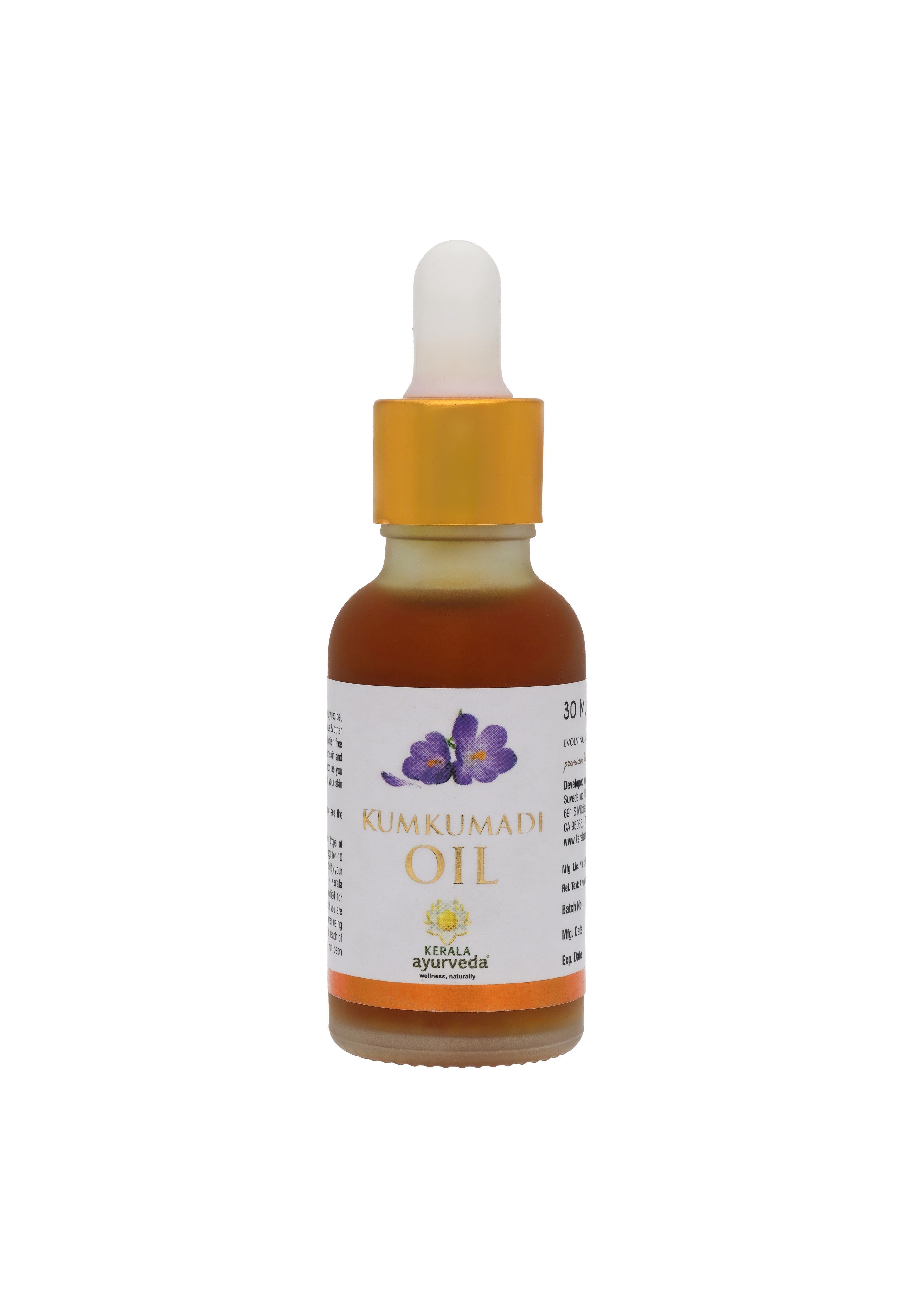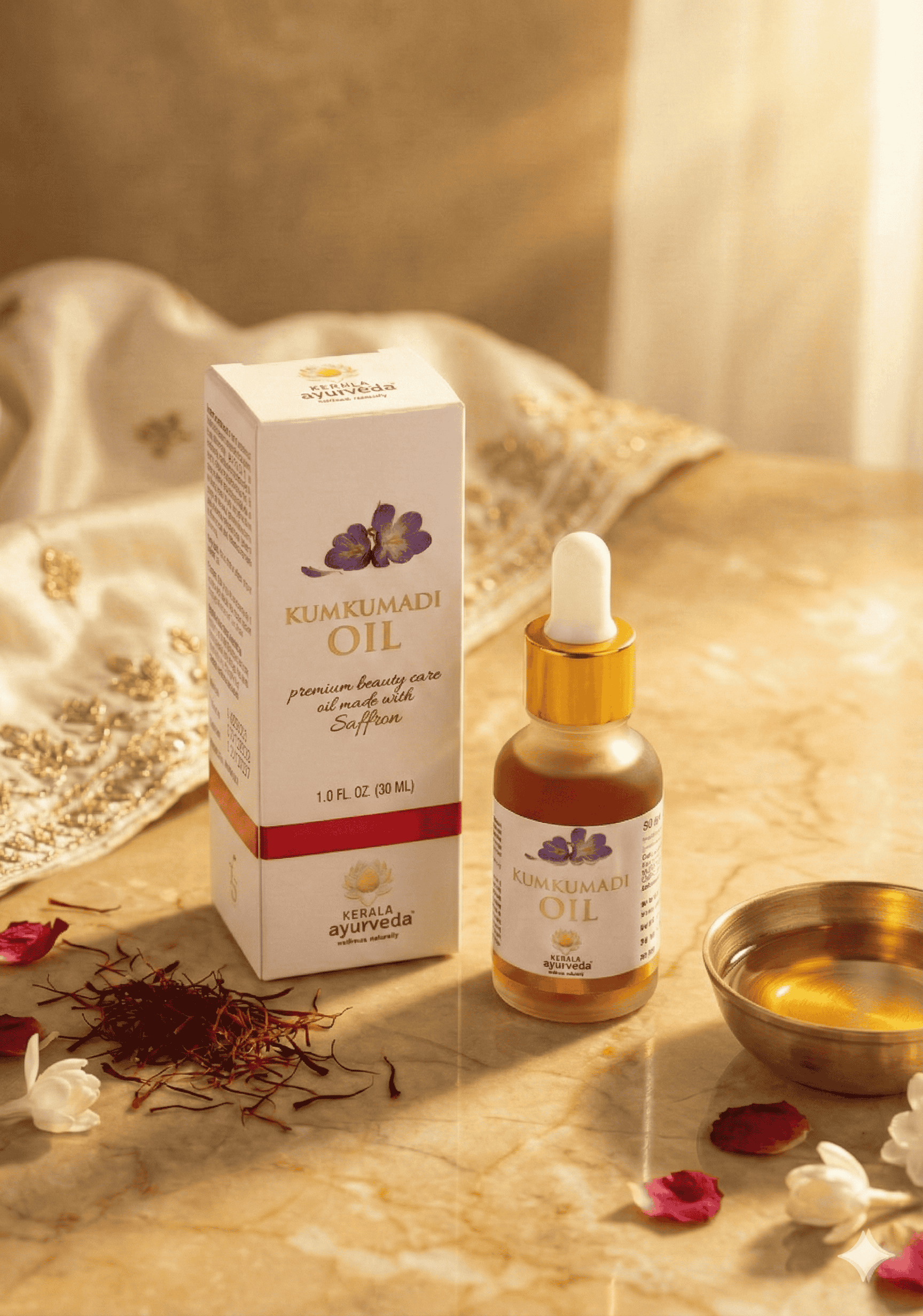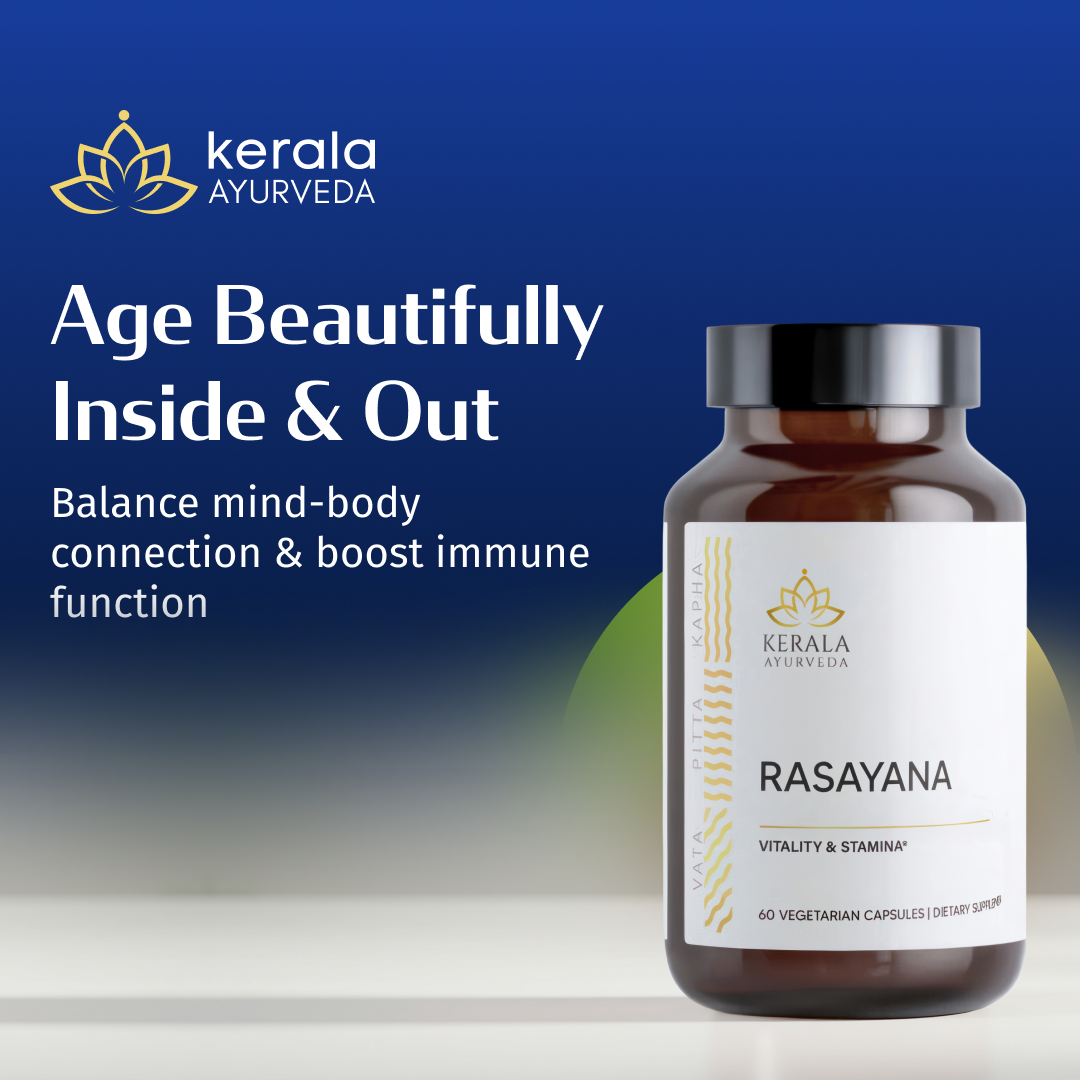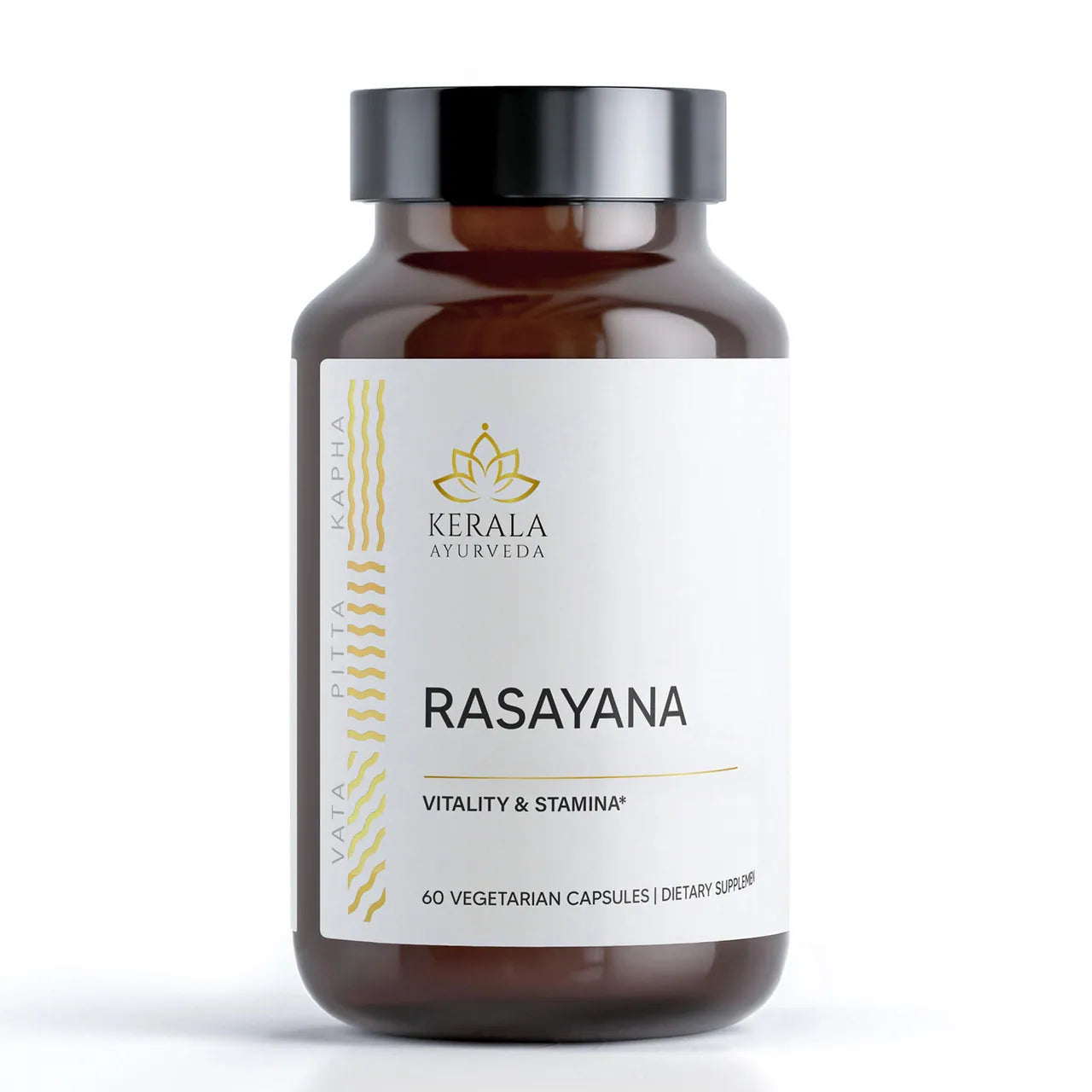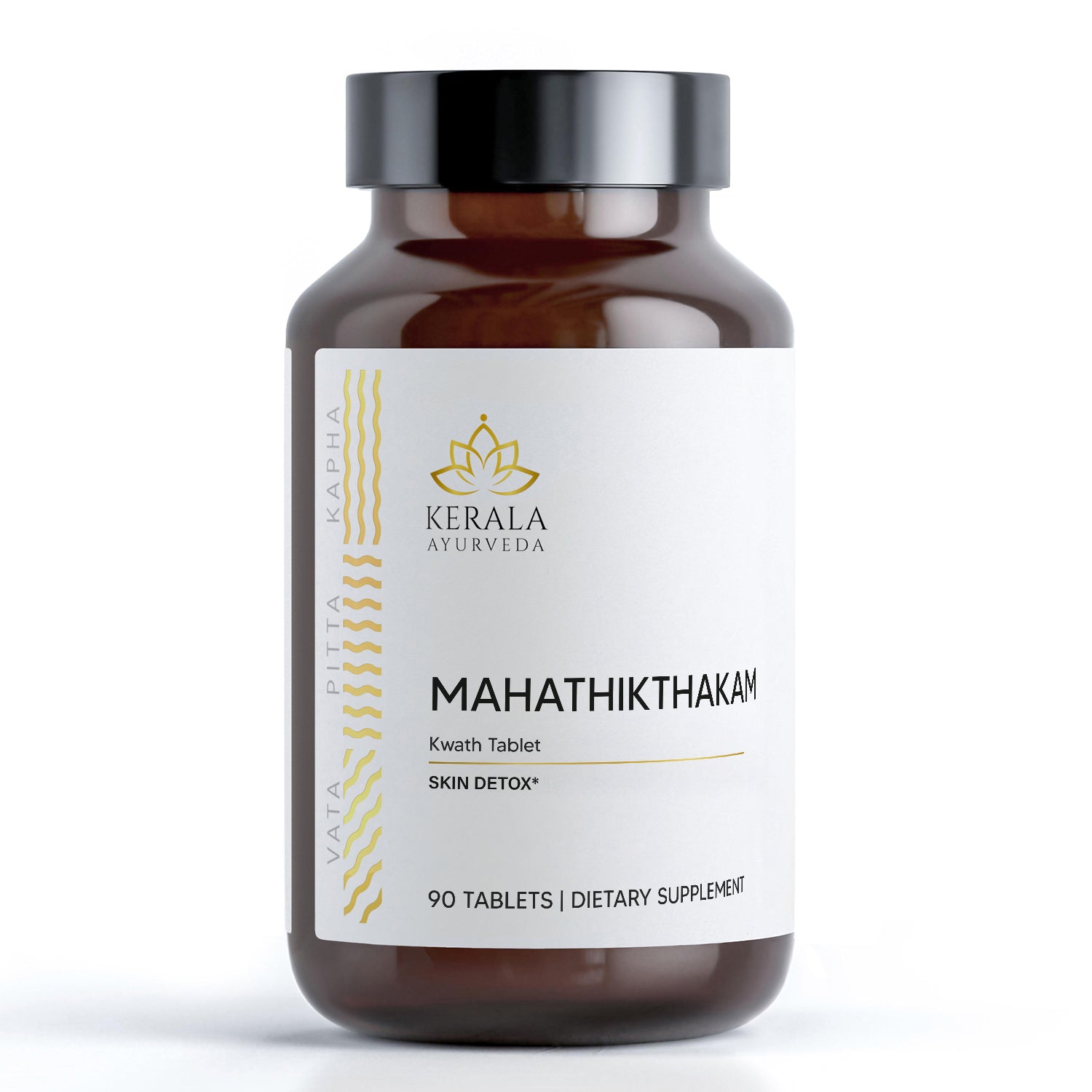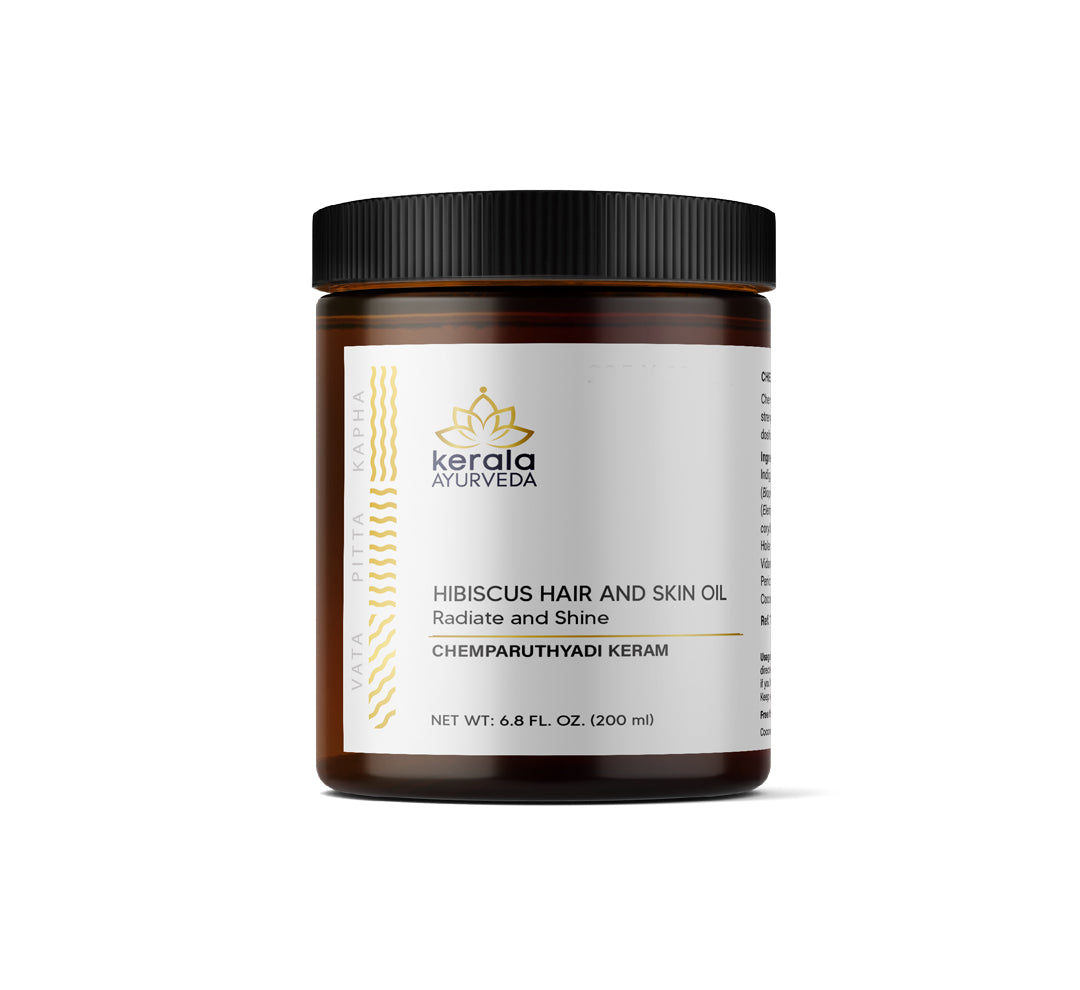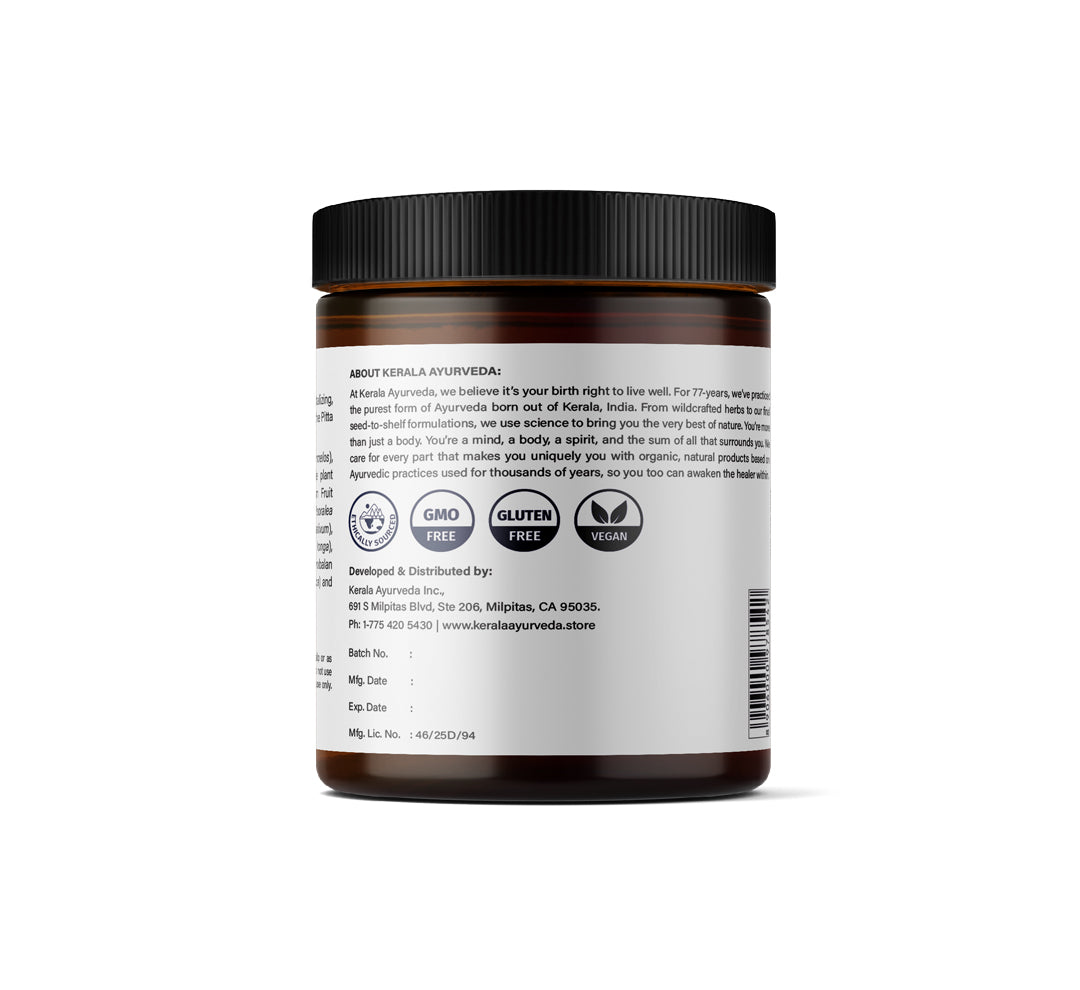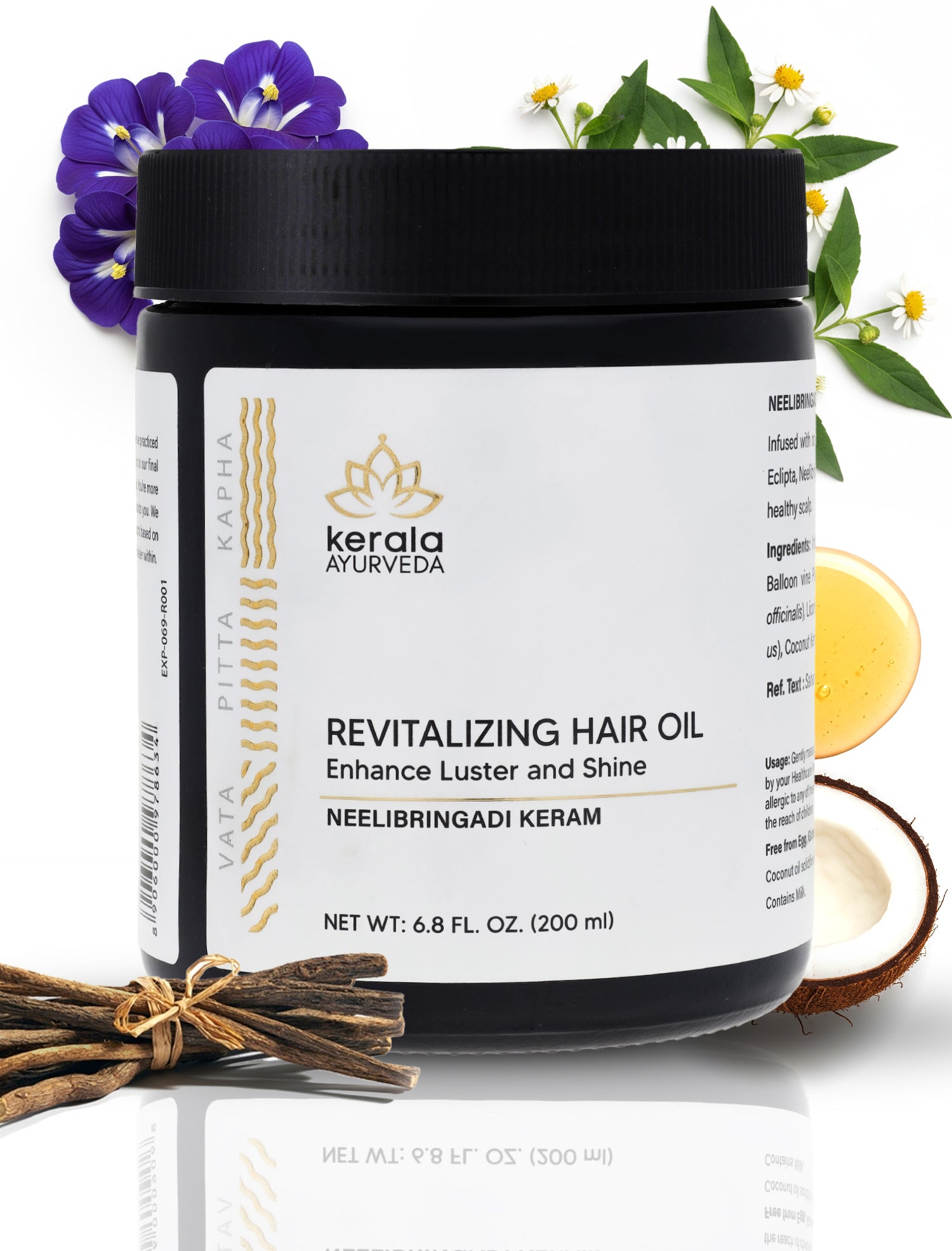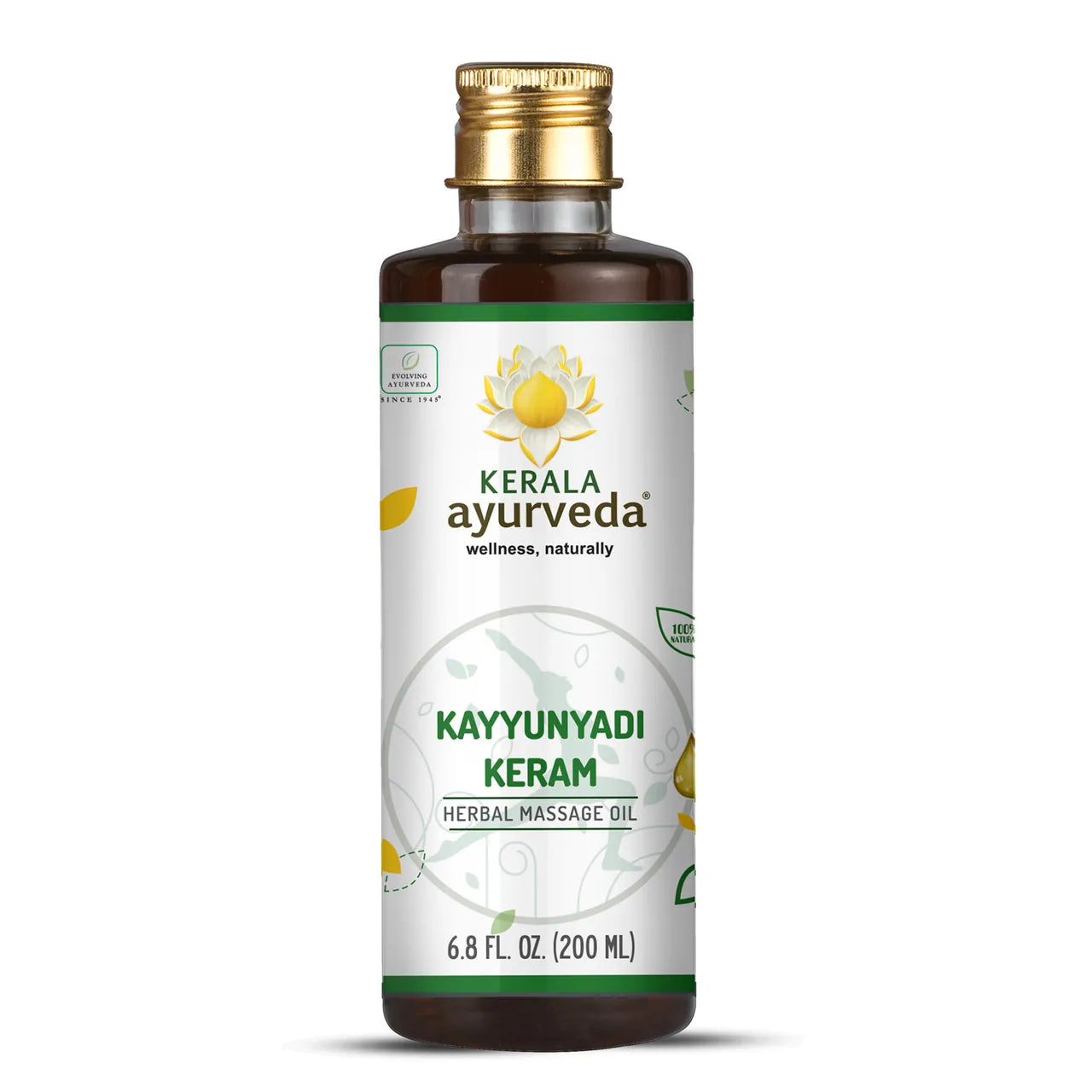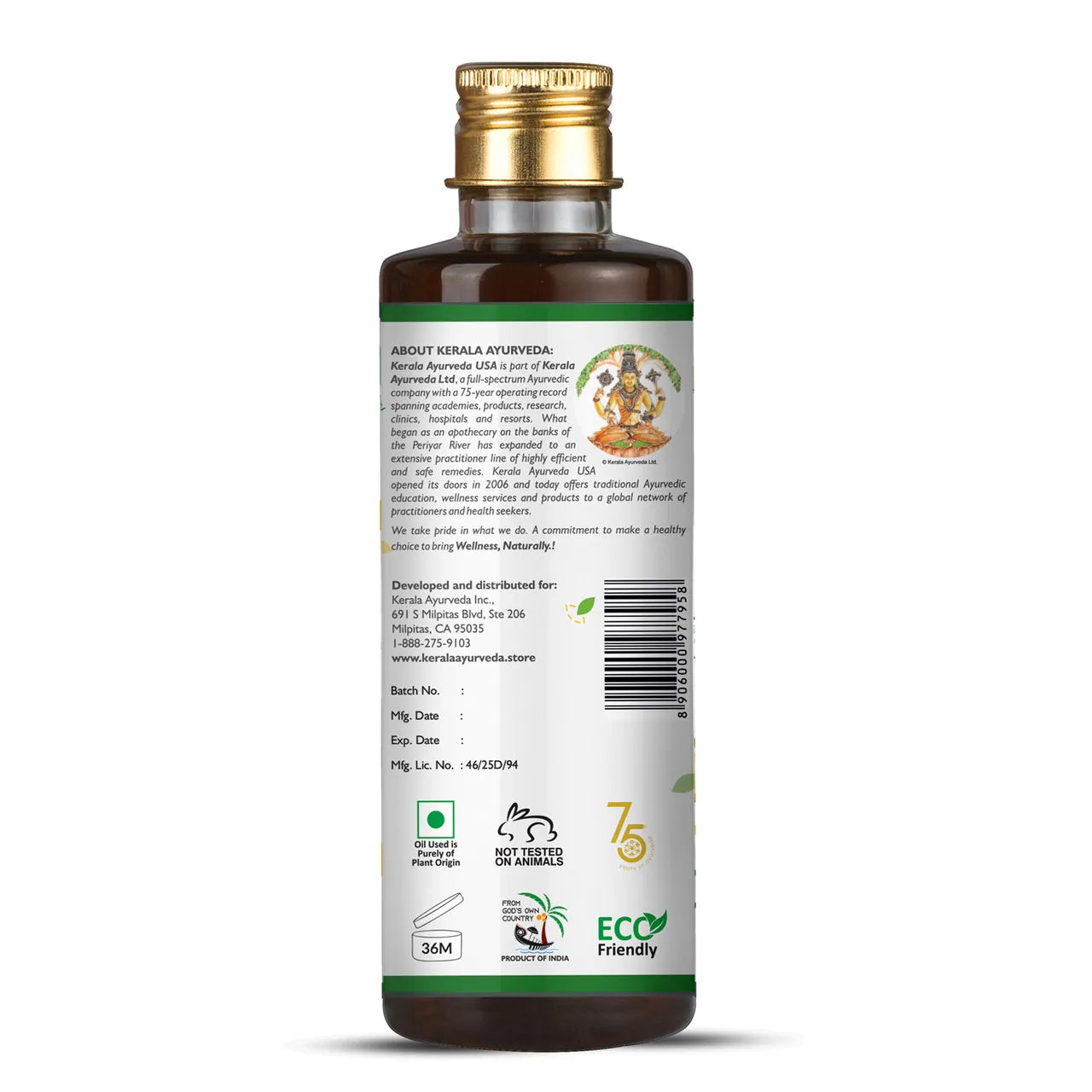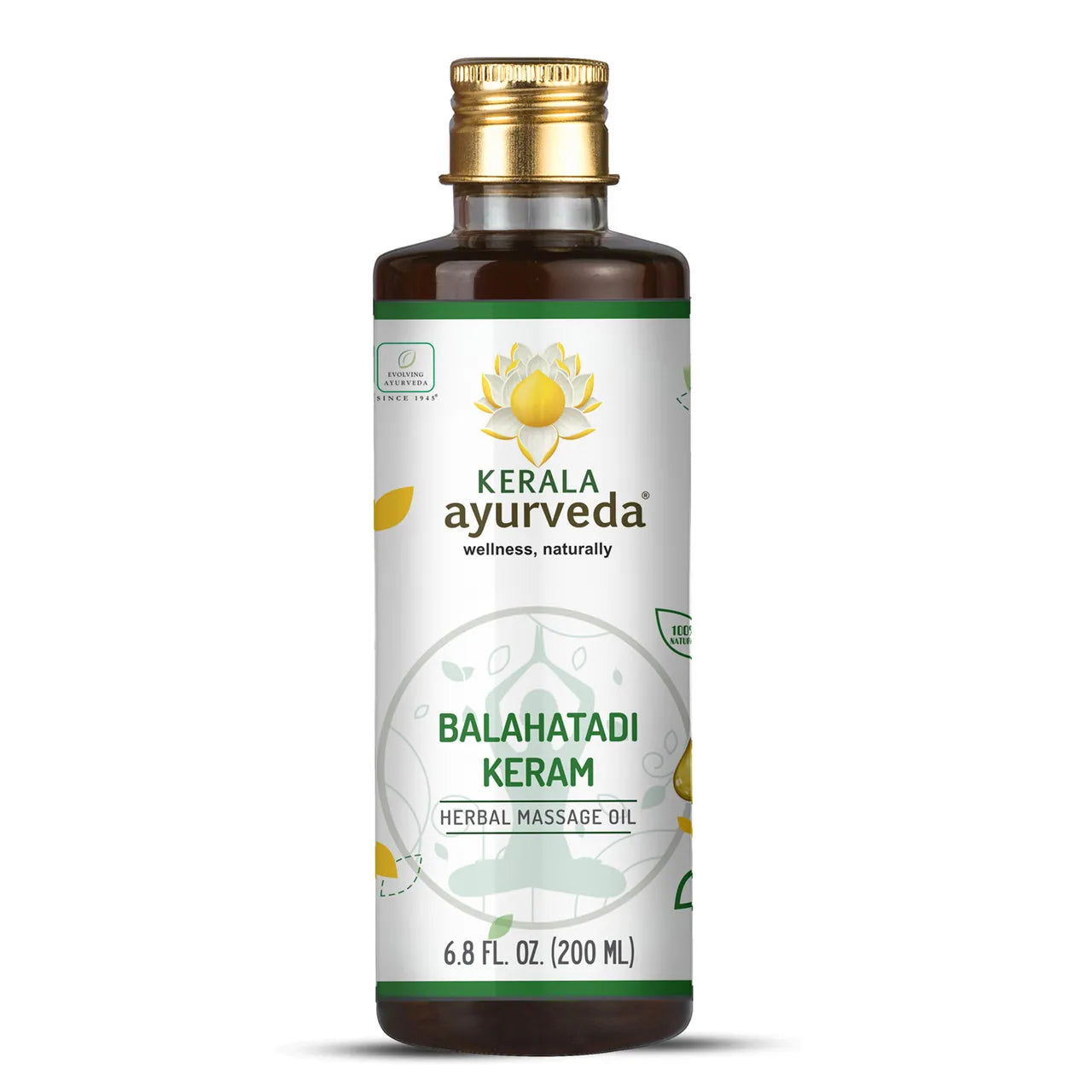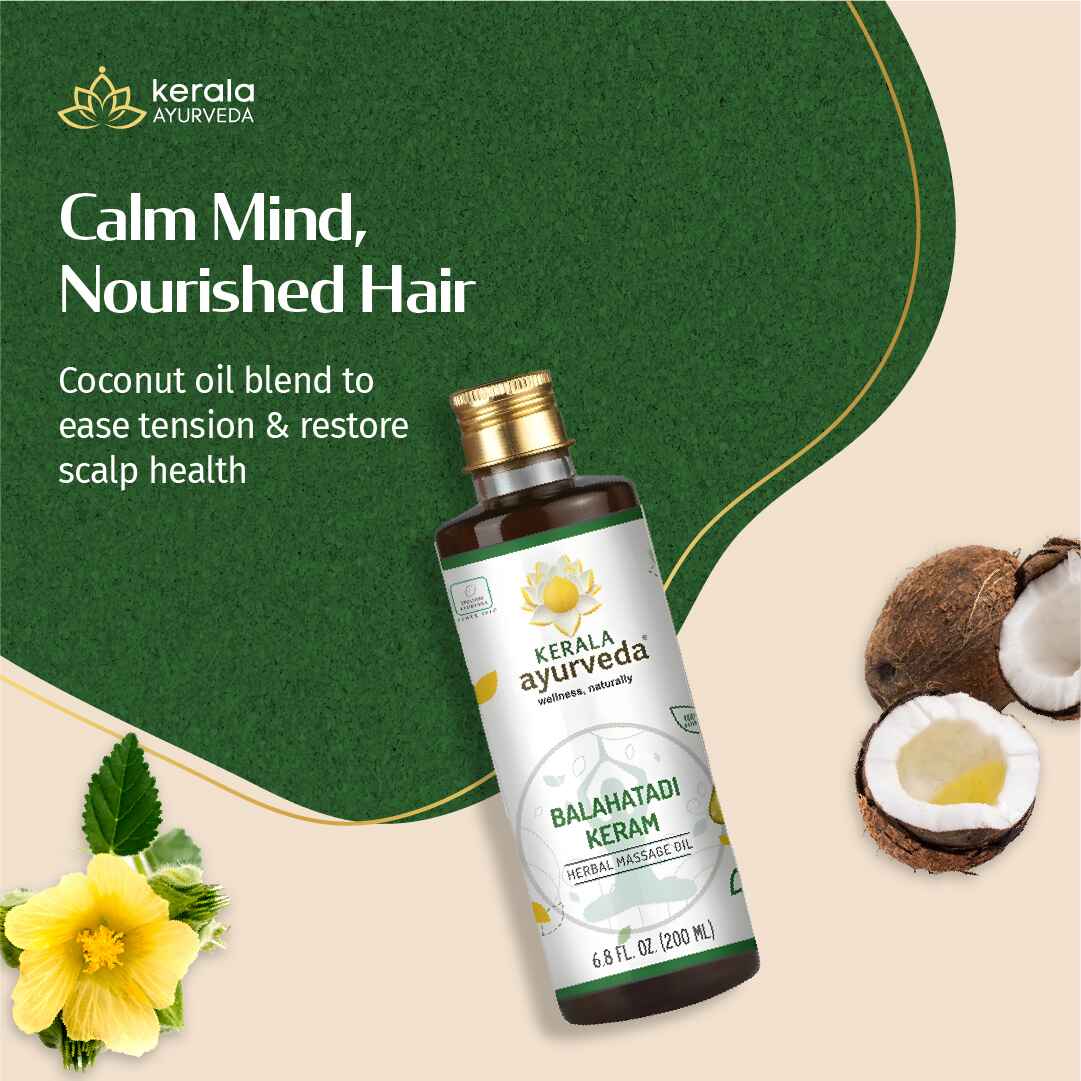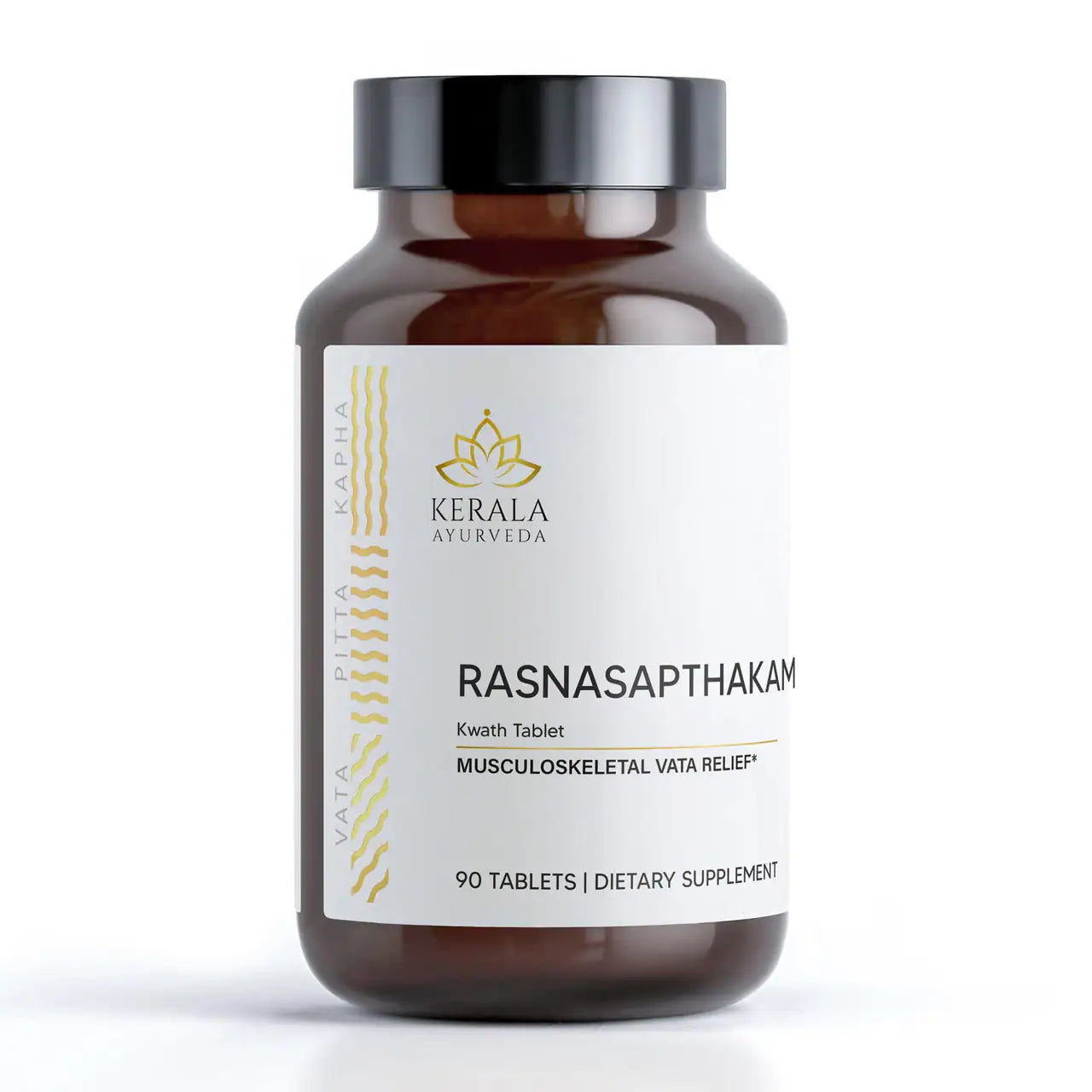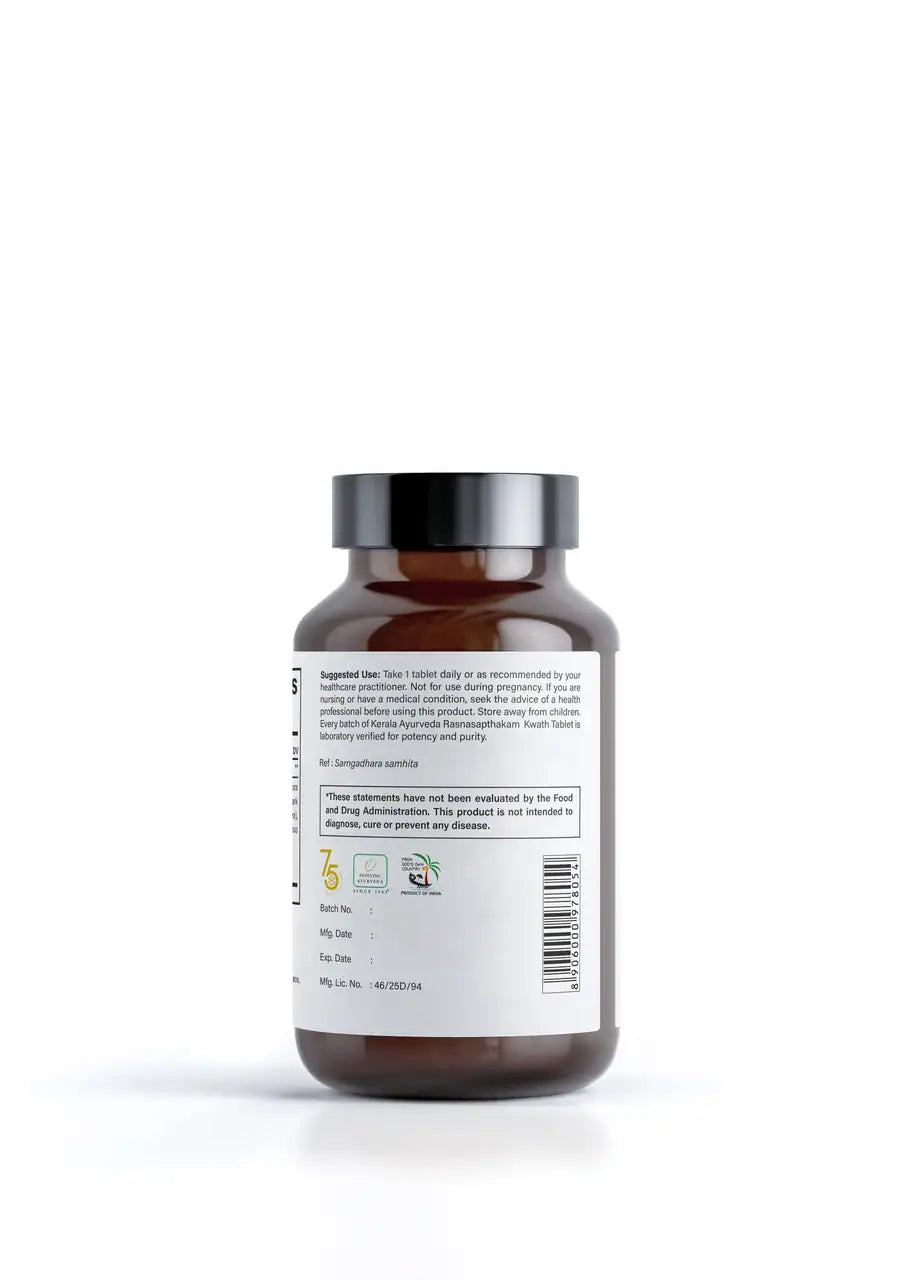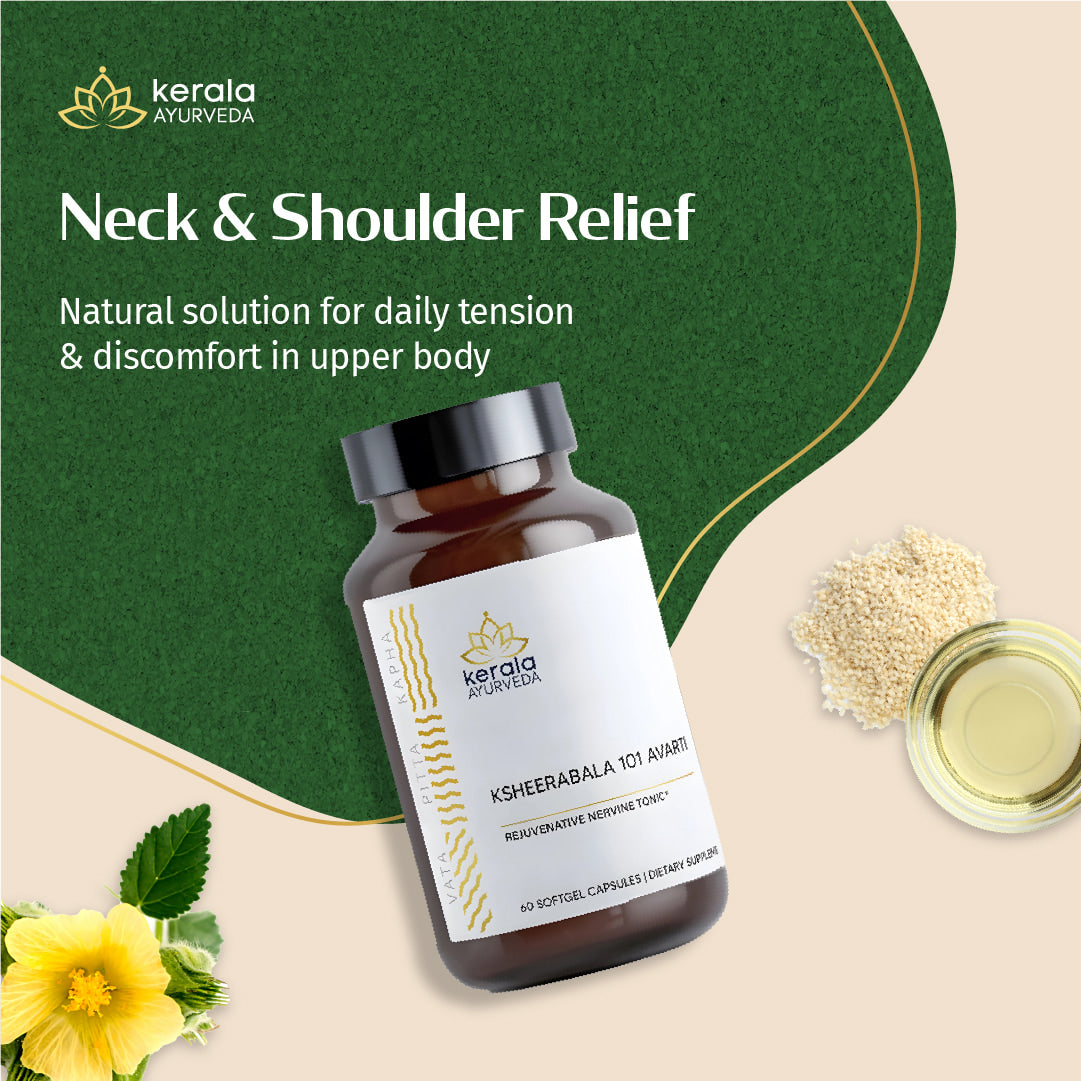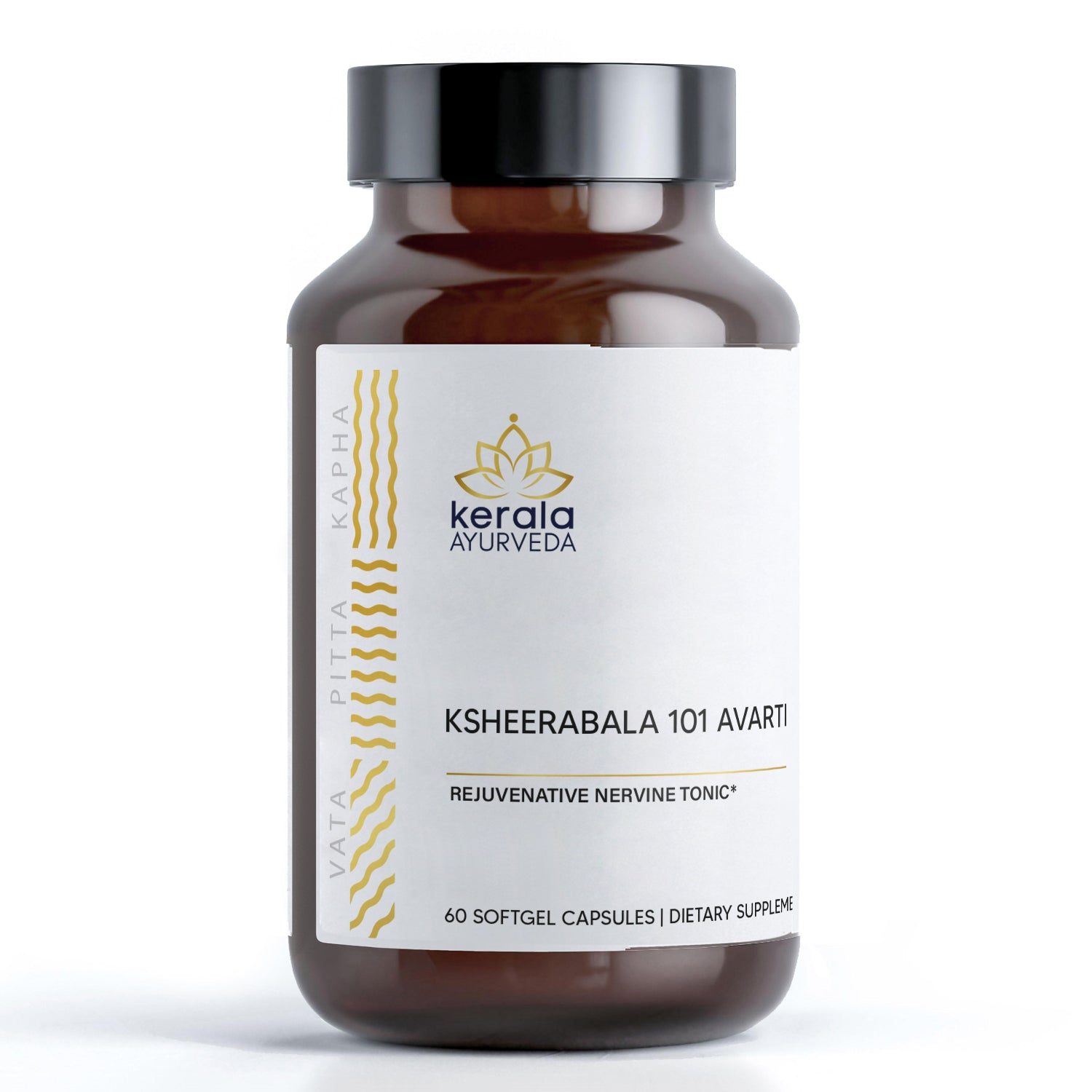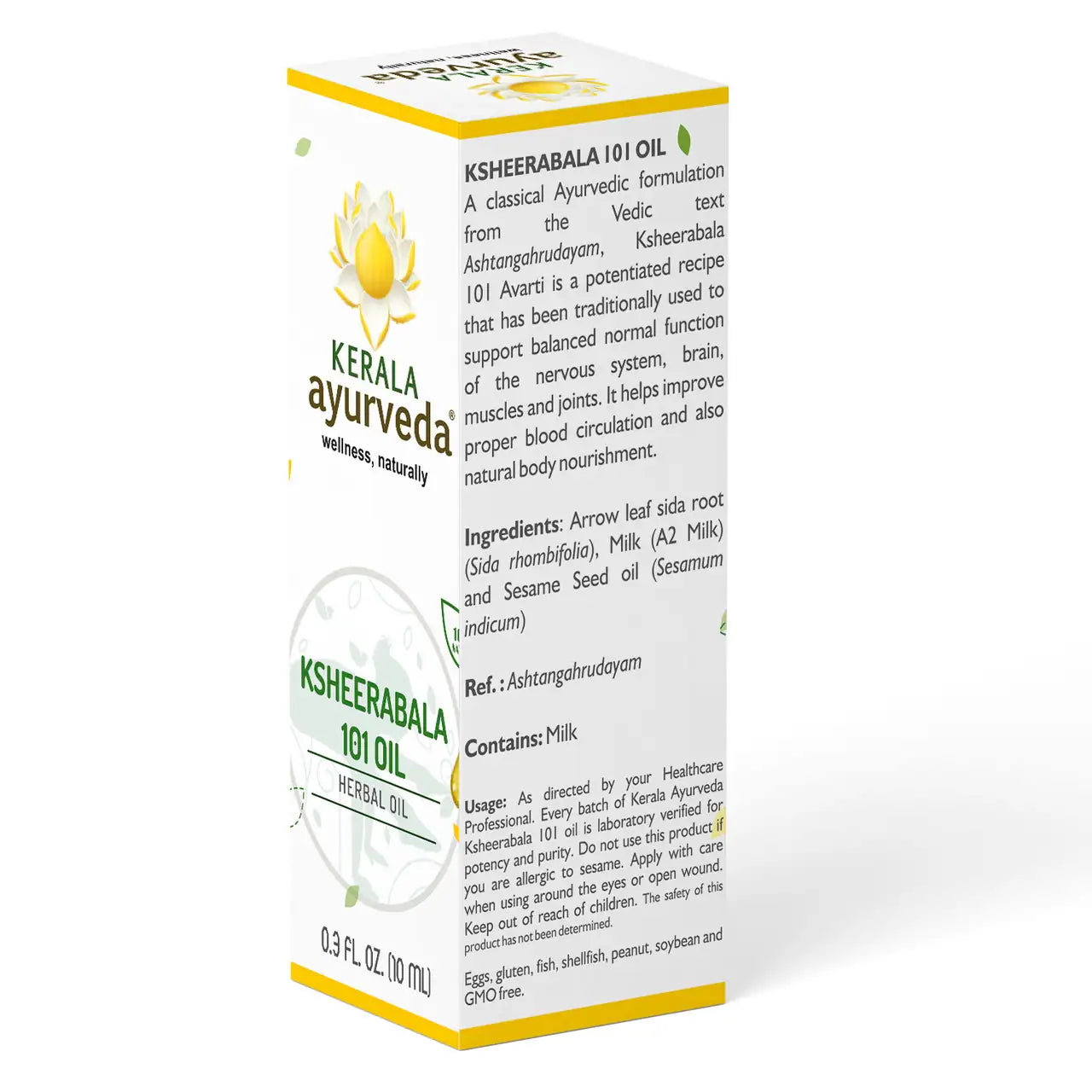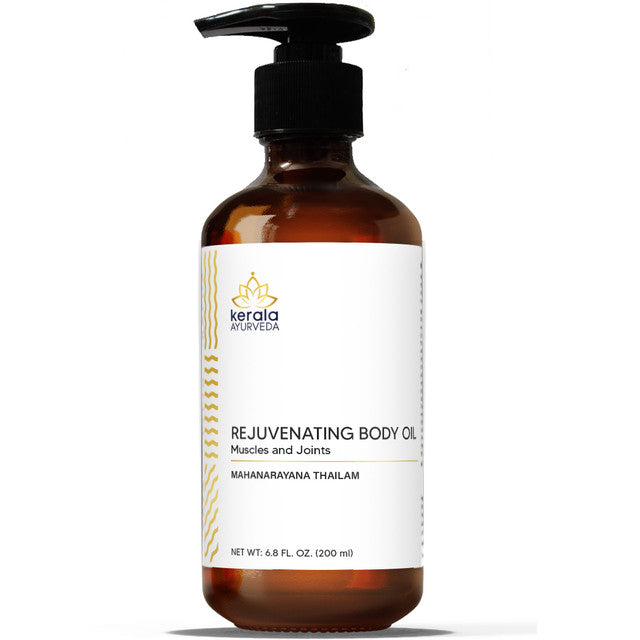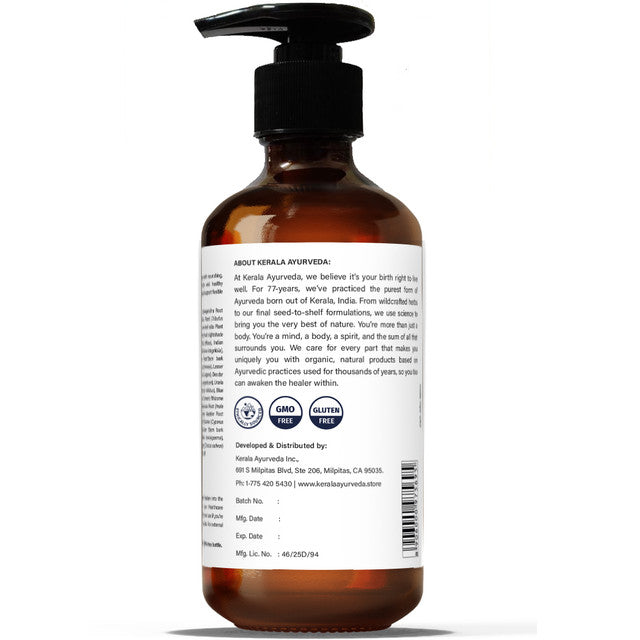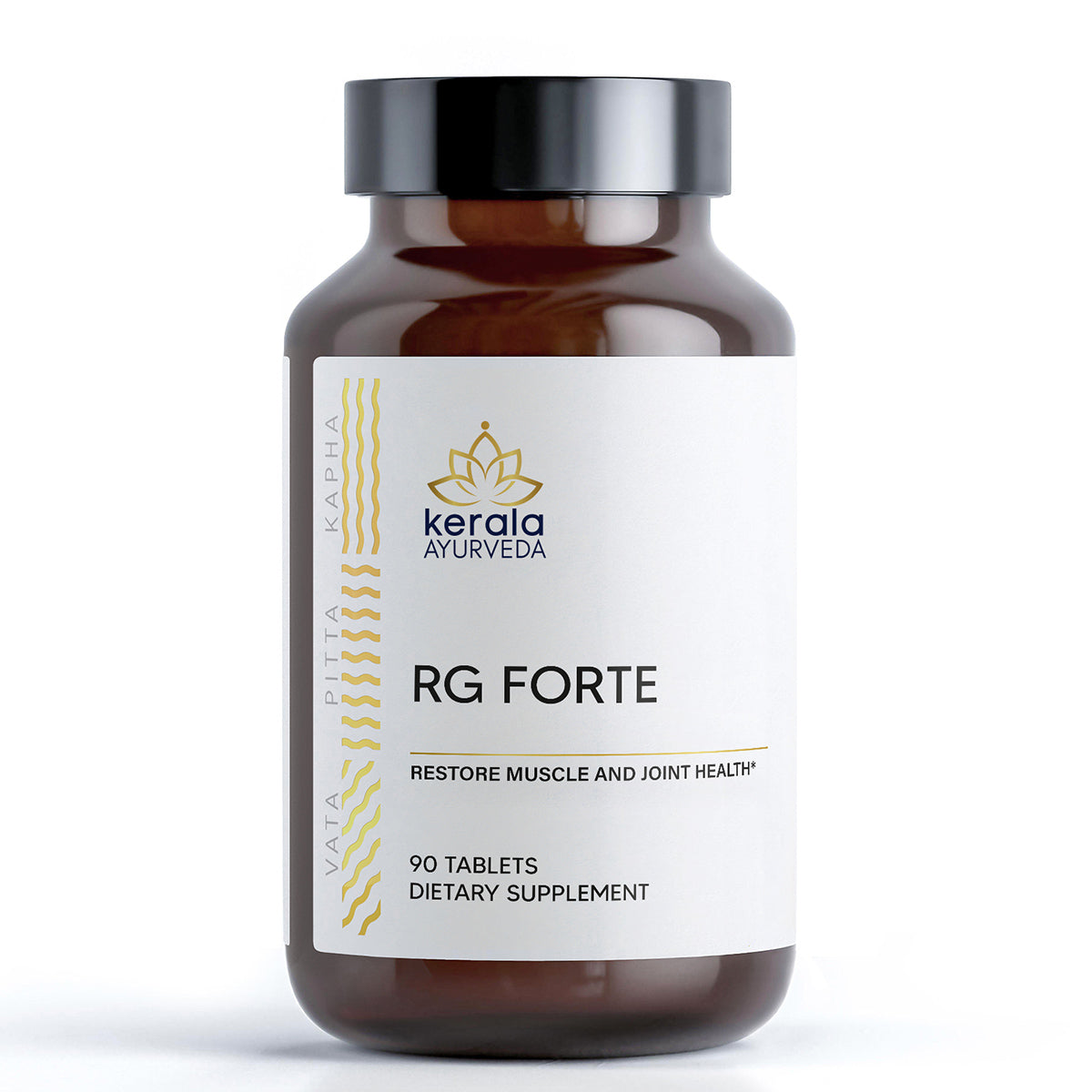Highlights
Ayurveda, the “science of life” from ancient India offers powerful lifestyle and clinical solutions for many of the health challenges women face today. It addresses the root cause of imbalances, which is especially important when multiple mind-body systems are involved. Women have unique biological needs, which Ayurveda addresses through a customized and holistic approach. It honors women as empowered “Shakti,” a powerful force. According to Charaka Samhita, the ancient text, “Women are auspicious, abundant, symbolic of righteousness and in fact, represent the universe itself.” Their ability to sustain life and give birth doesn’t mean they have to, but it does impact the cycles their mind-body complex goes through. In this article, we explore the Ayurvedic approach to women’s health.
Five principles of women’s health
Ayurvedic science operates on base principles. It’s helpful to understand these core principles as a foundation for women's health.
Constitution - Women’s health is viewed from the lens of their unique Ayurvedic constitution, composed of the energy principals or Doshas, Vata, Pitta, and Kapha. Every woman is born with a unique constitution, which never changes. Knowing themselves empowers them on their journey to self-care.
Stages and cycles of life - Ayurveda comprehensively outlines the care required during different stages, or epochs of life: from puberty, menarche, pregnancy, postnatal care and lactation, perimenopause, menopause, and aging gracefully. Women’s hormones need balancing through these stages.
Unique Needs - Ayurveda addresses issues that are unique to women’s health like breast, skin, and haircare, reproductive and sexual health, and preventing cancers like breast, cervical and ovarian cancer.
Restoring Balance - By identifying a woman’s constitution, stage of life, imbalances, and unique needs, Ayurvedic interventions can help them realign with their core constitution. These interventions may include diet, lifestyle, herbs, Yoga and meditation, bodywork therapies like Shirodhara or Abhyanga, or Panchakarma detoxification for more complex imbalances.
Holistic Approach - A holistic approach includes addressing mental, emotional, spiritual, and social well-being while navigating a complex world.
To understand how these five principles are implemented, let’s explore some of the common themes regarding women’s health.
Menstrual and reproductive health
A woman’s body goes through a cycle from ovulation to menstruation, a natural cleansing process. This natural regulation of their cycle prevents them from experiencing depletion during the act of sex itself (unlike men, whose reproductive tissue must be restored). However, maintaining this cycle throughout the month requires its own store of energy. Thus, knowledge of how to balance Doshas and support themselves during each phase is vital for maintaining well-being.
Pitta Dosha increases blood flow in the uterus in preparation for implanting a fertilized egg. Kapha Dosha is responsible for binding and nourishment involved from the follicular phase till the egg matures and releases during ovulation; and continues with the nourishment if there is a pregnancy. Vata Dosha dominates menstruation and is responsible for the downward flow of the uterus lining if the egg is not fertilized, to ensure a smooth period. Menocare is an adaptogen that helps support healthy menstruation, hormone balance, PMS and transition to menopause.
Ayurveda recommends eating light food during menstruation, avoiding pungent foods, sleeping on time and enough, but avoiding daytime sleep. They may wish to “slow down” during menstruation, especially if they’re Vata Pitta-dominant, with excess bleeding or cramping, and lighten their exercise routine.

Menopause
Menopause is considered an entirely normal phenomenon in Ayurveda as women enter the Vata phase of life. Today, many women aren’t sure how to embrace it without it impacting their health. Some women go into early menopause, and many suffer from mood swings, insomnia, brain fog, food cravings, fatigue, weight gain, headaches, and hot flashes. With Ayurvedic support, there may not be a need for hormone replacement therapy (which can have side effects), and complications like osteoporosis and joint disorders can be alleviated.
There are three types of imbalances during Menopause:
Vata imbalance includes anxiety, pain, vaginal dryness, constipation, and bloating. They’ll benefit from warm, regular meals with a reduction in cold and raw foods. Abhyanga (self-massage), early bedtime, meditation, and grounding exercises like yoga are also beneficial. And herbs like Ashwagandha would be helpful.
Pitta imbalance may involve anger, irritability, hot flashes, heavy flow, and acne. They’ll benefit from cooling foods, meditation, and avoiding sun exposure. Shatavari is a good preventive herb.
Kapha imbalances include lethargy, edema, weight gain, slow metabolism, and depression. They’ll benefit from exercise, light foods, ginger tea and herbs like Ashoka and Jeerakaristam.
Hormonal balance
The hypothalamus, pituitary, and ovarian axis govern women’s cycles and are susceptible to stress. Levels of estrogen, progesterone, and testosterone constantly fluctuate during a woman’s life cycle. Whether it be premenstrual stress with fatigue, bloating, and breast tenderness, or spotting, cramping, lower back pain, menstrual headaches, excessive or scanty bleeding, or an absent period; all these are often caused by issues with hormonal balance.
Formulations like Shatavari, Ashwagandha, and Sukumar Ghritam help with hormonal balance but are advised based on an individualized protocol with a qualified Ayurvedic professional.

Fertility and pregnancy
There are rituals to prepare women physically and mentally for conception, as well as lifestyle and diet modifications throughout pregnancy. These rituals provide sufficient nourishment for the fetus. The diet, lifestyle, and psychological status of the mother have a great bearing on fetal development. General plus month-wise guidelines are provided by an Ayurvedic practitioner, and a great deal of emphasis is laid on minimizing stress. After delivery, the regimen is about replenishing the Dhatus, or tissues, preventing Vata Dosha imbalance, improving digestion and metabolism, and regaining strength. Supportive herbal formulations may be incorporated like Dashamula, Dasahmoolaristham, Jeerakarishtam, and the application of oils like Dhanwantharam Thailam.
Skin and beauty
In Ayurveda, beauty is not skin deep. Beauty is defined as inner, outer, and lasting radiance. In truth, “beauty” according to Ayurveda is for all individuals, regardless of sex or gender. But in a world that unfairly pressures women to unrealistic beauty standards, with commercial solutions that are often toxic and expensive, Ayurvedic beauty is an oasis for women with genuinely healing, practical tools. Ayurveda considers skin and hair quality as a function of hormones and Dosha balance. Daily and nightly lifestyle routines are recommended for overall health, and these nurturing self-care regimens have positive impacts on hair and skin.
Examples of Ayurvedic skin and hair care routines include:
-
Cleansing with gentle organic products
-
Abhyanga or self-massage with oil
-
Hair and scalp treatments with oil
-
External hydration support with Kumkumadi Oil
-
Eating nourishing, balancing seasonal foods
These routines can be personalized to address imbalances and their resulting symptoms such as dry and brittle hair, blemishes, dark spots, and other skin and hair woes.

Mental and emotional wellbeing
Ayurvedic psychology is one of the eight branches of Ayurveda, known as Manasa Shastra. Equal emphasis is placed on the physical as the mental and emotional experience of an individual. Emotional imbalances are intrinsically connected to the mind and body, and vice versa. During an Ayurvedic consultation, a practitioner asks questions to understand a client, including “physical” markers like eyes, skin, elimination habits, as well as stress levels, current relationships, and challenges. Establishing the mind-body connection is healing and empowering, and a basis for the holistic approach.
The average woman’s life is highly stressful in this day and age. Ayurvedic daily regimens can ground, calm, and lift their spirits.
A good daily regimen includes:
-
Self-massage before showering
-
Yoga and meditation
-
Nourishing meals with whole foods
-
Plenty of hydration
In addition to daily lifestyle practices, Ayurveda offers herbal interventions to support emotional well-being. Medhya Rasayana, or brain tonics like Guduchi and Brahmi are nourishing and can help restore hormone balance and mood. For deeper emotional imbalances, a practitioner can provide customized guidance and may refer an individual to seek additional specialist support.
Like nature, women's health goes through many cycles. Ayurvedic principles of diet, lifestyle, sleep, prevention, and personalized healthcare help women prevent and manage health imbalances. Women may experience anxiety, stress, cramping during menstruation, loss of libido, infertility, or hormonal fluctuations, to name a few. They may need help with a smooth pregnancy or childbirth, or face abuse or violence. Ayurveda offers support to women for all of these conditions, and to establish a new, healthy, and supportive lifestyle. For a comprehensive health assessment, it is best if a qualified Ayurvedic Vaidya or Practitioner assesses women’s health. To speak with one of Kerala Ayurveda’s providers, visit our Wellness Center’s website to learn more.




